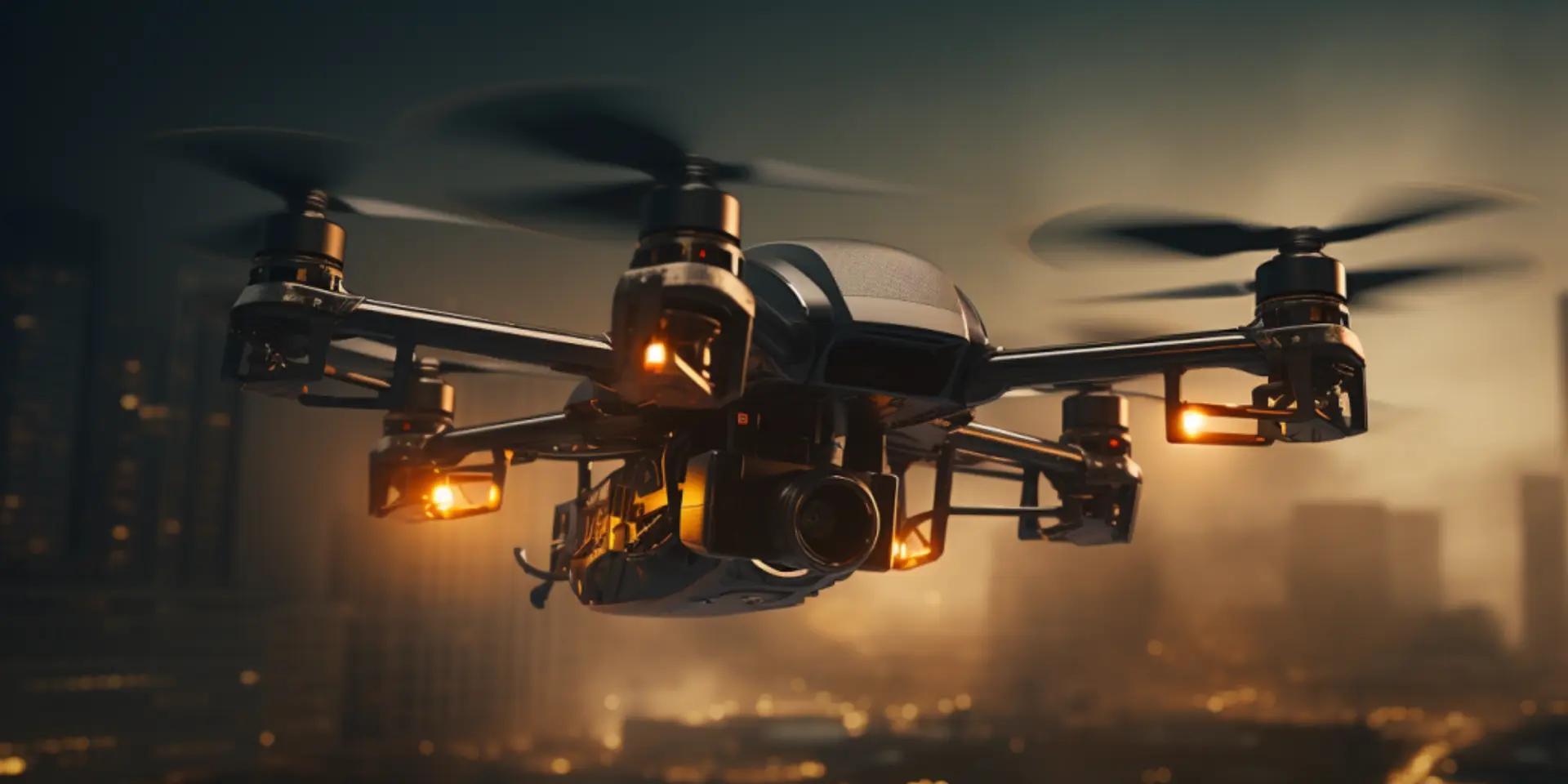Revolutionising infrastructure maintenance: The role of drones in powerline monitoring
Drones enable utility companies or power distribution companies to conduct comprehensive and efficient inspections of powerline infrastructure, providing accurate data on all parts of the grid.
In the realm of infrastructure maintenance, particularly in the critical domain of powerline monitoring, the integration of drone technology has sparked a revolution. With the paramount goal of ensuring uninterrupted and reliable power supply, utility companies are increasingly turning to drones as a game-changing solution for powerline inspection and maintenance.
Elevating safety and efficiency with drone solutions
Ensuring the safety and integrity of transmission lines is paramount for utility companies to prevent power outages and potential safety hazards. Traditionally, manual inspections posed challenges in terms of time, labor, and the risk of overlooking hidden risks. Enter drone solutions – these unmanned aerial vehicles equipped with advanced sensors and machine learning software have emerged as a transformative tool for transmission line maintenance.
Drones enable utility companies or power distribution companies to conduct comprehensive and efficient inspections of powerline infrastructure, providing accurate data on all parts of the grid. By automating inspections, drones facilitate timely repairs, reduce the risk of accidents, and minimize downtime, thereby enhancing both safety and operational efficiency.
Advantages of drones in powerline inspection
Drones have swiftly emerged as the preferred choice for powerline inspections, owing to a myriad of advantages:
- Cost-effectiveness: Unlike traditional methods involving helicopters, drone operations are significantly more cost-effective. They require fewer resources, have shorter setup times, and entail reduced maintenance expenses, making them an economically viable solution for utility companies.
- Safety: By eliminating the need for human inspectors to be in close proximity to live powerlines, drones mitigate safety risks and minimize the potential for accidents, safeguarding both personnel and the public.
- Efficiency: Drones boast the capability to cover extensive areas swiftly and efficiently, providing high-resolution imagery and data for comprehensive analysis. This efficiency translates into quicker identification of potential risks and expedited maintenance activities.
- Reduced downtime: Powerline inspections conducted using drones entail minimal disruption to electricity distribution, resulting in reduced downtime for consumers. This translates into enhanced reliability and customer satisfaction.
- Environmental impact: Drones are inherently eco-friendly, emitting no pollutants and causing minimal disturbance to the environment. This aligns with the growing emphasis on sustainability in infrastructure management practices.
Navigating the limitations and embracing opportunities
While drones have demonstrated immense potential in powerline inspection, their applicability in the construction and repair of powerline infrastructure remains somewhat limited. However, the Transmission Distribution (T&D) industry is on the cusp of a transformative era, driven by the convergence of drone technology and expert data analysis. By harnessing this synergy, power Discoms (Distribution companies) can position themselves at the forefront of the industry, ensuring uninterrupted and safe power delivery to homes and businesses alike.
Drones have emerged as a transformative force in infrastructure maintenance, particularly in the realm of powerline monitoring. By leveraging the unparalleled capabilities of drones, utility companies can enhance safety, efficiency, and reliability, ushering in a new era of infrastructure management excellence.
By Mr. Bodhisattwa Sanghapriya, Founder & CEO, IG Drones
(Disclaimer: The views and opinions expressed in this article are those of the author and do not necessarily reflect the views of YourStory.)







